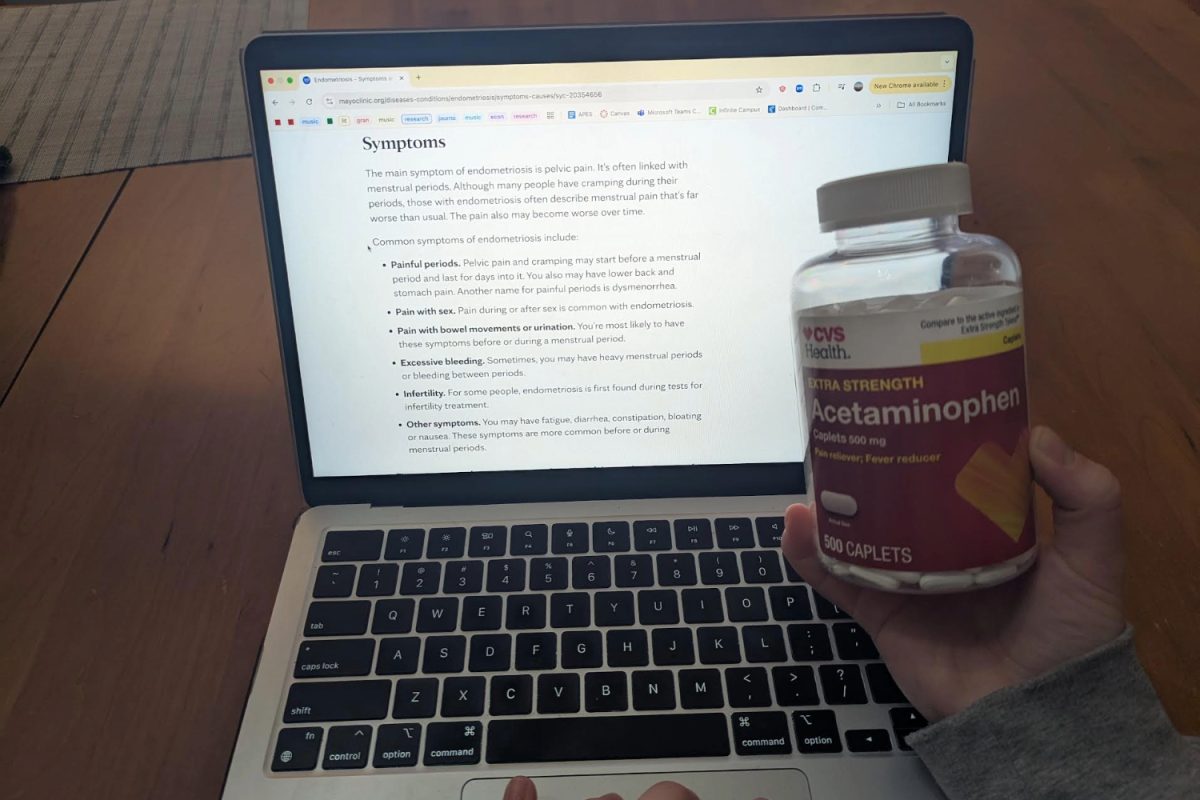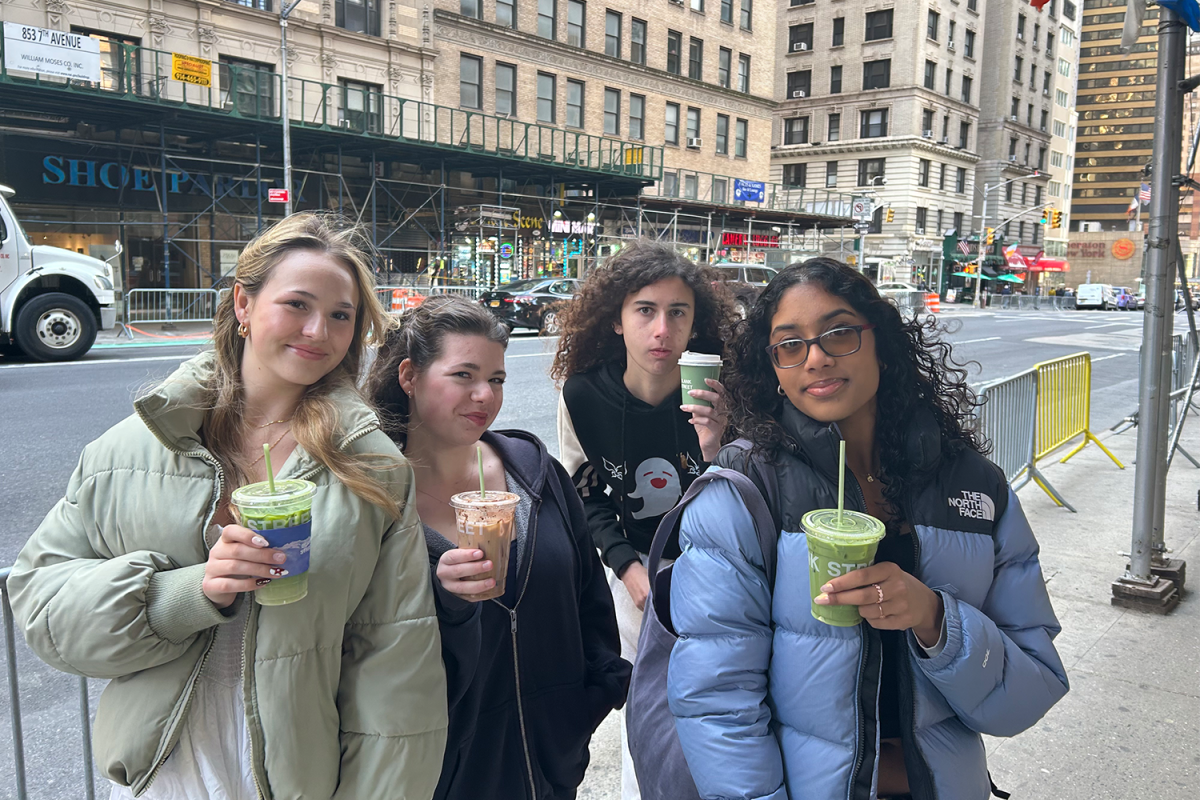
Twelve propositions have made their way onto the ballot this year. From employment classifications to dialysis, these propositions prove importance to California’s future. Here is the Scotscoop complete guide to navigating the propositions.
Proposition 14: Authorizes bonds continuing stem cell research; it is an initiative statute.
This proposition would authorize $5.5 billion in state general obligation bonds to fund grants from the California Institute of regenerative medicine. This would be for educational, non-profit, or private uses and would fund stem cell and other medical research, therapy development and delivery, medical training, and research facilities. This proposition would also dedicate $1.5 billion to advance research and therapy for brain-related diseases and conditions such as Alzheimer’s, Parkinson’s, stroke, and epilepsy. For California, this would mean increasing state costs estimated to be about $260 million per year for about the next 30 years. Proposition 14 is an initiative statute, which is an action of citizens signing a petition to get a law passed or on the ballot. For more, visit https://voterguide.sos.ca.gov/propositions/14/.
Proposition 15: Increases funding for public schools, community colleges, and local government services by changing tax assessment of commercial and industrial property; it is an initiative constitutional amendment.
This proposition would entail increased taxes on commercial and industrial real property based on current market value. This tax money would be used for the funding of K-12 public schools, community colleges, and local governments. Only property owners with a combined property value of over $3 million will be taxed and will provide $6.5 million to $11.5 million to the schools and governments. This is an initiative constitutional amendment, so it was put on the ballot by petition signatures, much like the initiative statute. To learn more, visit https://voterguide.sos.ca.gov/propositions/15/.
Proposition 16: Allows diversity as a factor in public employment, education, and contracting decisions, Legislative constitutional amendment.
This proposition allows state and local entities to decide upon the consideration of race, sex, skin tone, ethnicity, and national origin. This law’s passing would mean repealing a prohibition in a constitutional provision that currently bans such diversity. There is no direct fiscal impact associated with this proposition. This is a legislative constitutional amendment, which means it was put on the ballot by the state legislature. For more, visit https://voterguide.sos.ca.gov/propositions/16/.
Proposition 17: Restores former inmates’ right to vote after completion of their prison term; it is a legislative constitutional amendment.
If passed, this proposition would give former inmates the right to vote after completing their prison time. Since people are disqualified from voting while behind bars, this would cause those over 18 to get their right to vote back. The financial aspect would be states having to pay for new voter registration and ballot materials. This is another legislative constitutional amendment. For more, visit https://voterguide.sos.ca.gov/propositions/17/.
Proposition 18: Amends California Constitution to permit 17-year-olds to vote in the primary and special elections if they will turn 18 by the next general election and be otherwise eligible to vote. Legislative constitutional amendment.
This proposition legalizes voting for 17-year-olds who will be 18 by the next general election to vote in the primaries and special elections. The 17-year-olds must be U.S. citizens and residents of the state they are voting in. This proposition was put on the ballot by the state legislature. This would cause increased voting costs for cities, as well as for the state. Additional information can be found at https://voterguide.sos.ca.gov/propositions/18/.
Proposition 19: Changes certain property tax rules; it is a legislative constitutional amendment.
Proposition 19 would let residents over the age of 55, disabled persons, or disaster victims transfer their primary residence’s tax base to their replacement residence. This would also establish a fire protection services fund and change the taxation on family property transfers. This fiscal impact could be tens of millions of rising property tax revenue this year, which schools would benefit from greatly. This is a legislative constitutional amendment put on the ballot by the legislature. More information can be found on https://voterguide.sos.ca.gov/propositions/19/.
Proposition 20: Restricts parole for certain offenses currently considered to be non-violent. Authorize felony sentences for certain offenses currently treated only as misdemeanors; it is an initiative statute.
This proposition limits the access that people who commit nonviolent crimes such as shoplifting have to parole programs. This would increase their penalties, and they would possibly be charged with a felony even though currently, they would be charged with a misdemeanor. The implementation would increase law enforcement, correctional facility, and court costs by tens of millions of dollars annually. This is an initiative statute, put on the ballot by petition signatures. There’s more information at https://voterguide.sos.ca.gov/propositions/20/.
Proposition 21: Expands local governments’ authority to enact rent control on residential property; it is an initiative statute.
Under Proposition 21, local governments would be given the power to create rent control on residential properties over 15 years old. Fiscally, this could be a potential loss for local and state revenues, who could lose millions. This is another initiative statute, so a petition is why it has made it onto the ballot this year. Visit https://voterguide.sos.ca.gov/propositions/21/to learn more.
Proposition 22: Exempts app-based transportation and delivery companies from providing employee benefits to certain drivers; it is an initiative statute.
Proposition 22 lets app-based drivers and delivery workers remain independent contractors. This way, they can choose when and how much they work but will not be given the standard benefits received by employees. The fiscal impact would most likely be a very minimal increase, as these drivers and workers would be paying more in property taxes. This is an initiative statute. A full explanation of this proposition can be found https://voterguide.sos.ca.gov/propositions/22/.
Proposition 23: Establishes state requirements for kidney dialysis clinics; it is an initiative statute and requires on-site medical professionals.
Under this proposition, a physician, nurse practitioner, or physician assistant must be on-site during all dialysis treatments. This proposition would also prohibit dialysis clinics from refusing care without state approval and would prohibit them from refusing treatment without a payment source. Although beneficial, this could cost the local and state governments tens of millions of dollars. This is an initiative statute. More information can be found at https://voterguide.sos.ca.gov/propositions/23/.
Proposition 24: Amends consumer privacy laws; it is an initiative statute.
This will allow consumers to refrain from sharing personal information, as well as establishing the California Privacy Protection Agency. This will increase costs by state governments by about $10 million. Like so many others, this is an initiative statute, brought to the ballot by a petition. For more, go to https://voterguide.sos.ca.gov/propositions/24/.
Proposition 25: Referendum on the law that replaced money bail with a system based on public safety and flight risk.
This is a “yes” or “no” to approve a law that would eliminate prison money bail before trial. If passed, money bail would be replaced with a system made to focus on public safety and flight risk. This could cost hundreds of millions of dollars annually but could lower jail costs in the tens of millions. More information can be found at https://voterguide.sos.ca.gov/propositions/25/.











